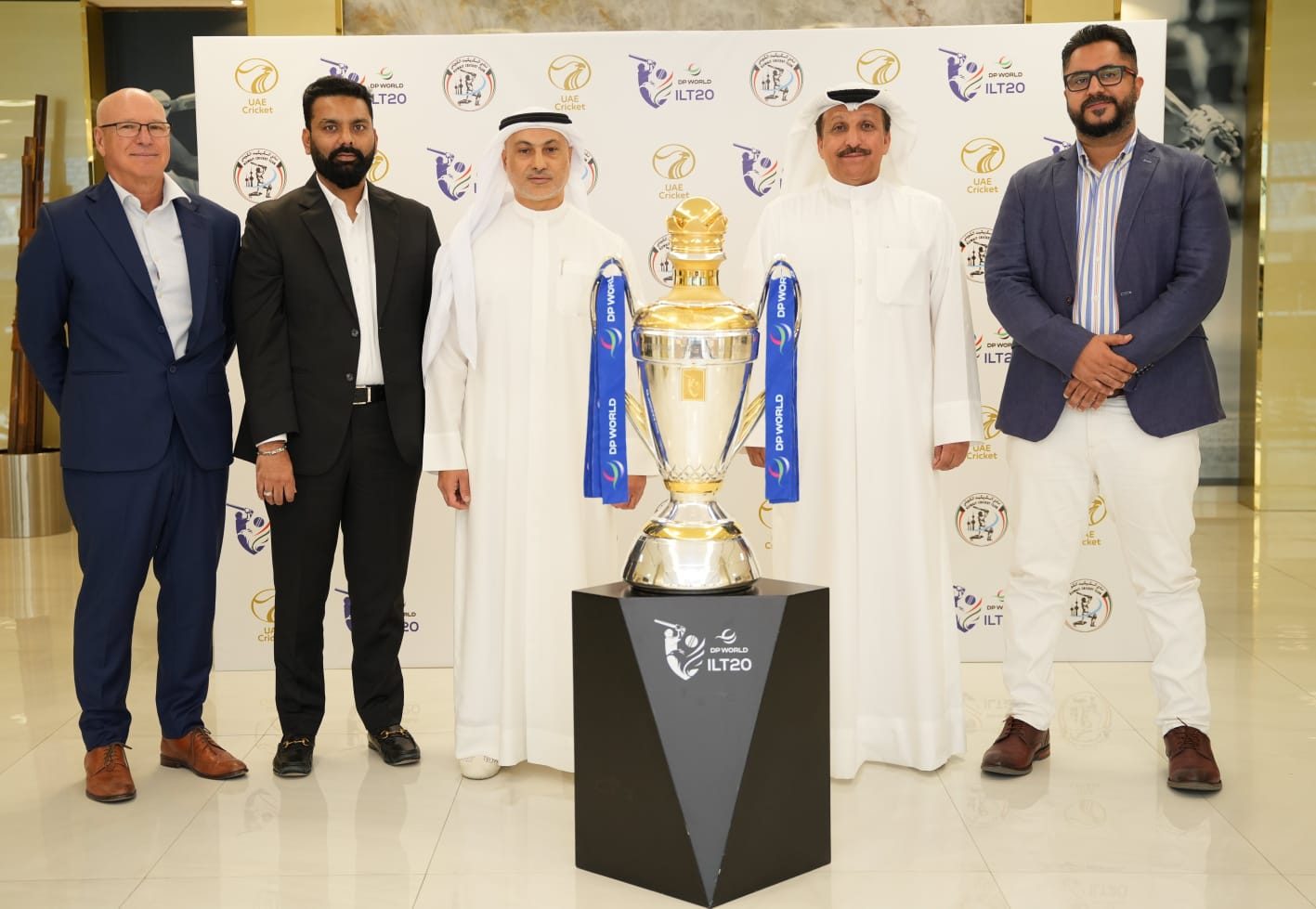UAE airlines continue to face major disruptions to flights across the Middle East as airspace closures in Iran, Israel, Iraq, and Syria cause widespread delays and cancellations.
Etihad, Emirates, flydubai, and Air Arabia have all announced flight suspensions and rerouting measures in response to the ongoing regional security situation, with passengers urged to check flight status and rebooking options before travelling.
Etihad Airways: Tel Aviv route suspended until June 22
Etihad Airways has confirmed that its Abu Dhabi–Tel Aviv flights remain suspended until June 22, with several other services rerouted due to restricted airspace.
Etihad will re-route several flights due to restricted airspace in parts of the Middle East,” the airline told the media.
Passengers have been advised to check real-time updates via their app or website and ensure contact details are up to date.
flydubai: Flights halted to six countries, including Iran and Iraq
flydubai has suspended flights to Iran, Iraq, Israel, and Syria until June 20, while services to Jordan and Lebanon are set to resume from June 17, subject to review. Routes to Minsk and St. Petersburg are also paused until June 17.
Some routes have been reinstated where possible, with affected services rerouted to avoid closed airspace.
Transit passengers connecting through Dubai to suspended destinations will not be allowed to board at their point of origin, the airline said, and it continues to assist affected travellers with rebooking and support.
Emirates: Flights to Tehran, Baghdad, Amman, and Beirut suspended
Emirates has suspended flights to Amman and Beirut until June 22, and Tehran, Baghdad and Basra until June 30. All flights to and from Tel Aviv remain suspended.
The airline advised customers not to proceed to the airport if connecting to a suspended destination and to check rebooking or refund options through its contact centre or travel agents.
Air Arabia: Cuts services to five countries, shuts sales offices in Iran
Air Arabia has also suspended flights to Iran, Iraq, Jordan, Lebanon and Russia. Passengers connecting via Sharjah or Abu Dhabi to these destinations will not be accepted for travel.
The airline has temporarily closed its sales offices in Iran, including in Tehran, Mashhad, Shiraz and Lar.
Airport advisories across Dubai, Abu Dhabi and Sharjah
Airports across the UAE have also issued warnings and updates:
- Dubai Airports (DXB & DWC): Confirmed delays and cancellations due to airspace closures over Iran, Iraq and Syria.
- Abu Dhabi International Airport (AUH): Disruptions are expected to continue through Sunday and Monday (June 15–16).
- Sharjah Airport: Issued a passenger advisory amid widespread route changes and delays.
Travellers are advised to stay in touch with their airlines and allow for extra time when heading to the airport.
UAE government issues travel advisory
The UAE Ministry of Foreign Affairs (MoFA) has urged Emirati nationals, residents, and travellers to stay connected with airlines and monitor updates closely as the regional situation unfolds.
What’s happening: Israel, Iran airspace closures continue
The disruptions follow a sharp escalation in regional tensions marked by reciprocal strikes between Israel and Iran:
- Israel: Ben Gurion International Airport remains closed for the third consecutive day, with all flights suspended.
- Iran: Airspace closed since Friday, with restrictions now extended until 3pm Sunday (local time).
- Jordan: Briefly shut its airspace as a precaution but has since reopened after a security reassessment.
Israel is reportedly working with its national carriers to repatriate stranded citizens abroad.
Check before you fly
Passengers flying through Dubai, Abu Dhabi and Sharjah to regional destinations are strongly advised to:
- Check flight status via airline apps or websites
- Rebook if travelling to a suspended destination
- Ensure contact details are updated to receive real-time notifications
Travellers are encouraged to monitor official updates regularly.





 Entertainment5 months ago
Entertainment5 months ago
 Entertainment5 months ago
Entertainment5 months ago
 Entertainment4 months ago
Entertainment4 months ago













